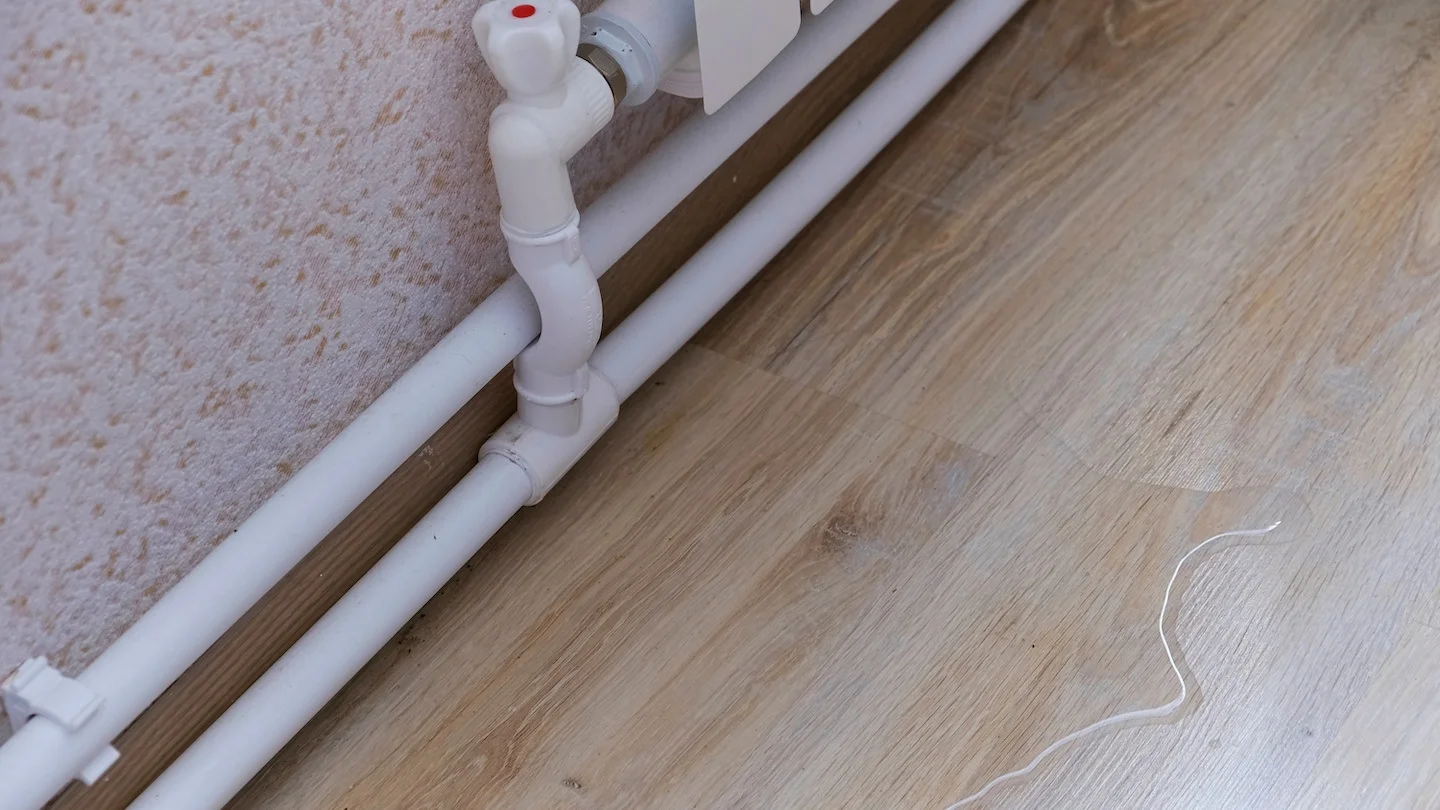
Why Are Slip And Fall Cases Hard To Win?
You slipped, fell, and got hurt. Proving negligence against the business owner that caused your fall should be easy, right? Wrong. The laws of the State of Florida make it very difficult for folks like you to win a slip and fall case if you slipped on a “transitory foreign substance.” This type of substance is defined as any liquid or solid substance, item or object located where it does not belong. So, anything that was spilled, dropped, placed or located on the floor that wasn’t there at some other point in time.
Simply put, for your case, you must know exactly what caused you to fall. Sometimes, people slip, fall, and get up after an accident without taking a moment to look at the floor to determine what substance caused the slip. If you can’t testify under oath as to what caused your fall, you do not have a winning case.
Next, you have to prove that the business owner either knew that the substance (the dangerous condition or hazard) that caused you to fall was on the floor, and they failed to clean it up or that the business owner, through the use of reasonable care, should have known the substance was on the floor.
Rarely, do we see cases where a business owner had actual notice of a transitory foreign substance on the floor and failed to clean it up. Sometimes, store employees are lazy and fail to put up warning signs when they clean up spills. Other times, they just don’t clean up substances or pick up items that cause slip and fall accidents. If you can prove that the business owner or employee had been notified of an issue that could cause a fall, you are on your way to proving your negligence case.
Most cases we deal with fall in the “Should Have Known” category (often referred to as constructive knowledge or notice). So, how do you prove that a business owner should have known that a drink spilled on the floor, a food item was dropped or items fell off a shelf? You will need to be able to describe the substance that caused you to fall in a way that would explain how it was on the floor long enough so it could have been discovered and cleaned up or that the condition that caused you to fall occurred with regularity and was foreseeable. Were there footprints that weren’t yours in the substance? Did you see cart tracks? Did the substance become sticky or harden over time? Did a frozen substance melt? Did the substance change color? Was the substance dirty? Was there a slow leak that caused a huge puddle? Maybe the store lacked policies and procedures to regularly inspect and clean the floors?
If you are not able to prove that the business owner had some sort of knowledge or notice according to Florida law, you will not be able to recover money for your damages.
Contact us so we can continue to explain Florida law and discuss the details that could be the difference between winning and losing your legal case.